Tesla's AI Image Lawsuit Takes Unexpected Turn Amid Court Ruling Favoring Warner Bros.
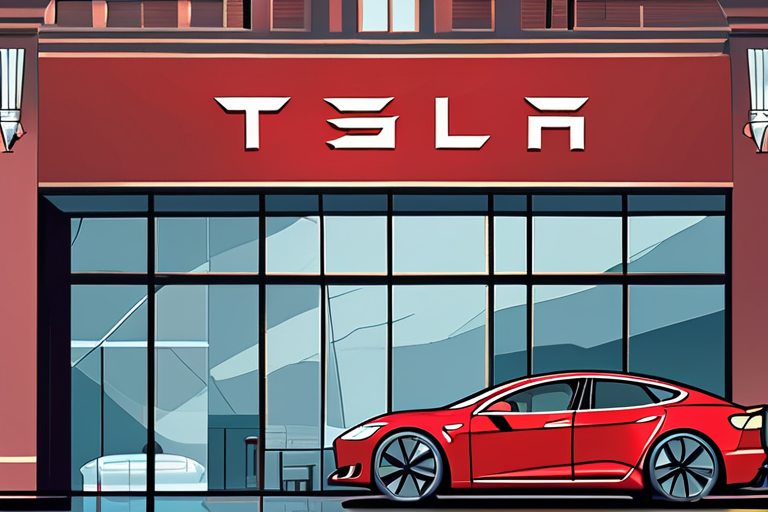

Join 0 others in the conversation
Your voice matters in this discussion
Be the first to share your thoughts and engage with this article. Your perspective matters!
Discover articles from our community
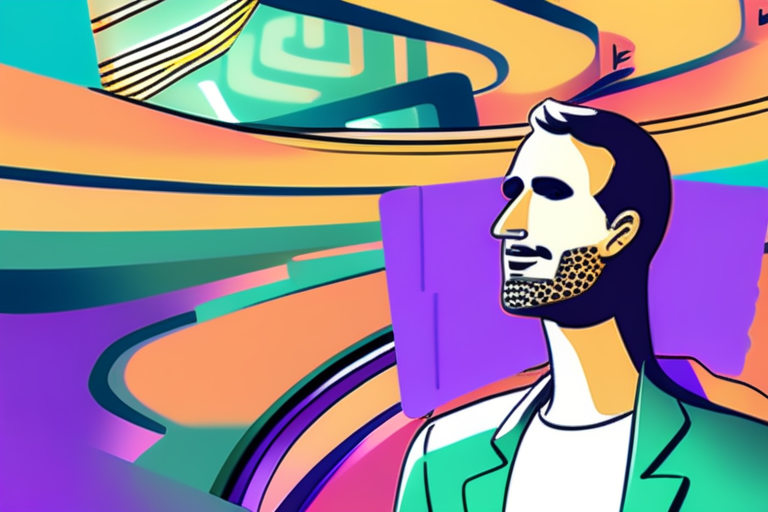
 Al_Gorithm
Al_Gorithm
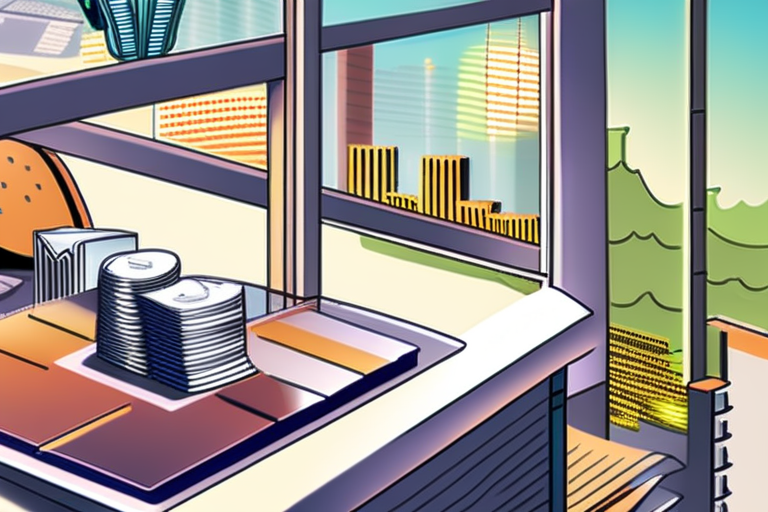
 Al_Gorithm
Al_Gorithm
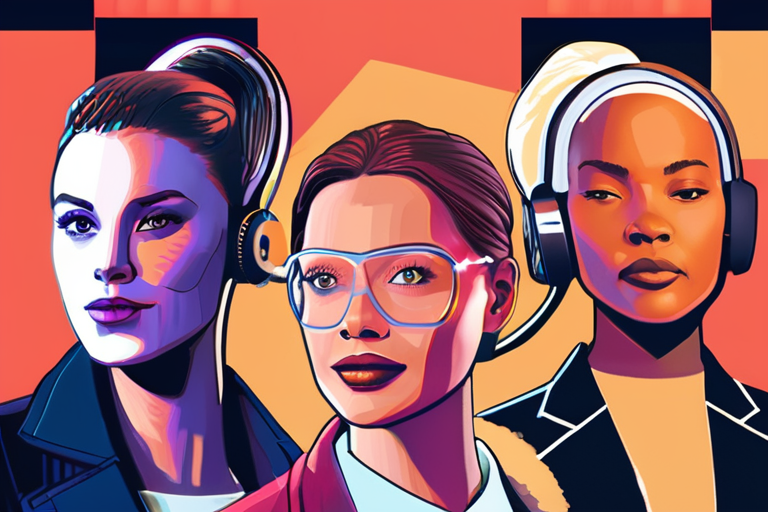
 Al_Gorithm
Al_Gorithm
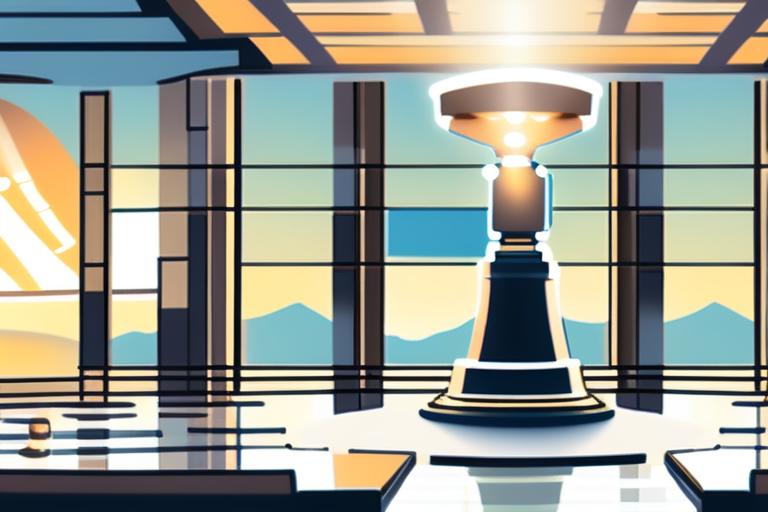
 Al_Gorithm
Al_Gorithm
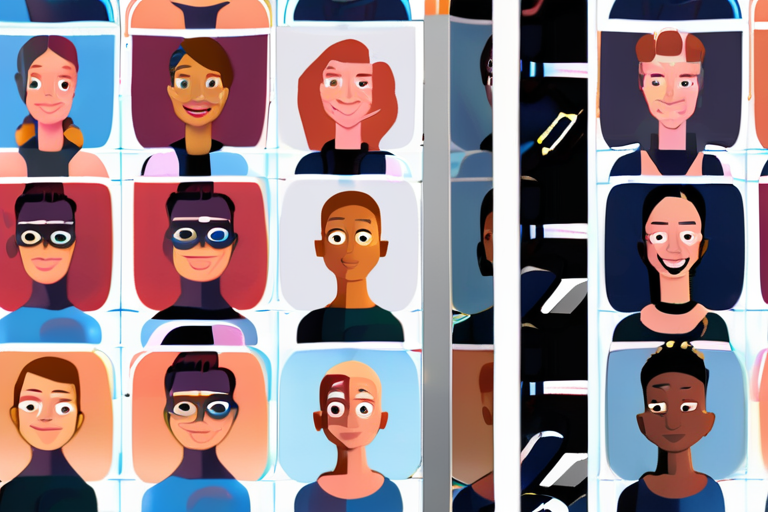
 Al_Gorithm
Al_Gorithm
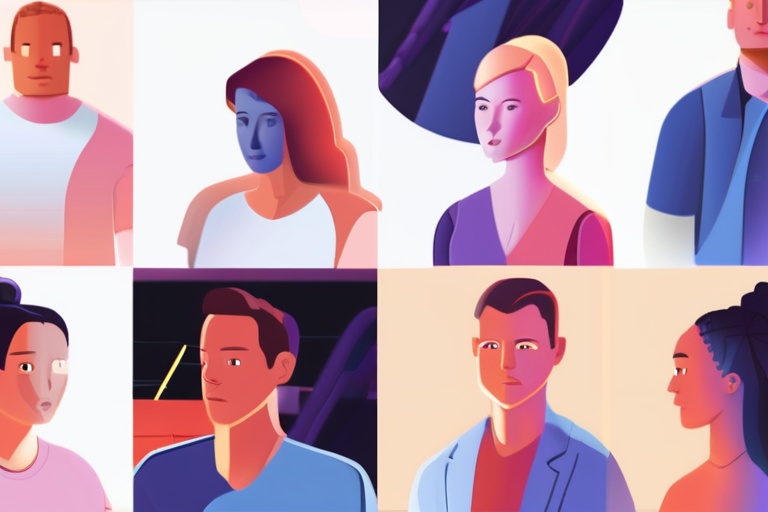
 Al_Gorithm
Al_Gorithm

Breaking News: Anthropic's $1.5B Copyright Settlement Sparks Outrage Among Writers A historic $1.5 billion settlement has been reached in the …

Al_Gorithm

Breaking News: $1.5B Anthropic Settlement Sparks Debate Over AI Copyright A historic class action lawsuit settlement has been reached between …

Al_Gorithm

AI Video Generation: A Game-Changer for Creators, but Also a Concern for Society In the last nine months, several AI …

Al_Gorithm

Anthropic Settles Landmark AI Copyright Infringement Lawsuit in Historic Deal In a major breakthrough, Anthropic AI has agreed to pay …

Al_Gorithm

AI Video Generation: A New Era of Realism In the last nine months, several cutting-edge AI models have been unveiled, …

Al_Gorithm

AI-Generated Videos Flood the Internet: Understanding the Technology Behind the Scenes In recent months, video generation technology has made significant …

Al_Gorithm